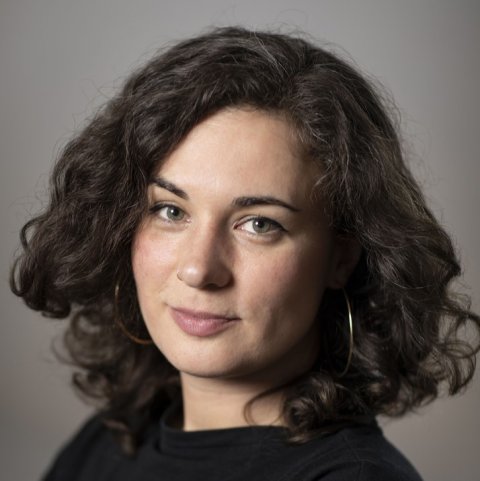Here below you can find all master courses the University Centre offers. All courses are taught in 1-3 week modules running from August through June. See how the courses are organised in the teaching schedule for both programs. Usually 2-3 courses are taught at the same time, but students may only enroll in one course at a time.
The master courses are available to you whether you plan to pursue a degree or just take a course or courses. Please review the options for guest studies to determine how you can apply.
For further information, contact the Administrative Director of Education and Teaching.
Coping with disasters
- Spring 2025
- Instructor: Dr. Uta Reichardt
About the course
The course introduces factors that influence a society's resilience which is the ability to recover and bounce back after a disastrous event. It bridges disciplines to provide a multifaceted understanding of societal ability to withstand a crisis, on the individual, community, infrastructural and institutional level. It presents students to the main concepts of disaster research, drawing from the fields of earth sciences, environmental studies, sociology, health sciences, psychology and cultural studies. The course addresses monitoring, early warning, planning and exercises as means to mitigate the impact of natural hazards. It covers factors important in dealing with the aftermath of an extreme event. These include the role of psychological first aid, communication, media, art and spirituality in coping with hardship, tragedies and trauma.
Instructor
is a post-doc at the Institute for Sustainability Studies, University of Iceland, and explores the synergies that emerge from the dialogue between science and arts. She views sustainability development through the lens of disaster risk reduction and look at the role of Art and Design regarding preparedness, relief and recovery from disastrous events. Currently, Uta is involved in Out of Sync, an exploration of novel performance event formats during and beyond the pandemic, and recently co-founded Disaster Studios, a platform that joins Design and Disaster Risk Management and emphasises evidence-based design solutions and creative ways for disaster risk reduction.

Learning outcome
On completion of the course a student:
- can explain basic definitions and processes in disaster management.
- can assess the factors that make populations vulnerable to hazards and contribute to shape disasters.
- can critically discuss the complexities of coping mechanisms and the factors that contribute to societal resilience on different levels.
- can develop and write a crisis communication strategy.
- can develop and present a disaster response concept to support coping in a post-disaster community.
Prerequisites: No prerequisites registered for the course
Assessment: Pass/Fail
Final Exam: Assignment